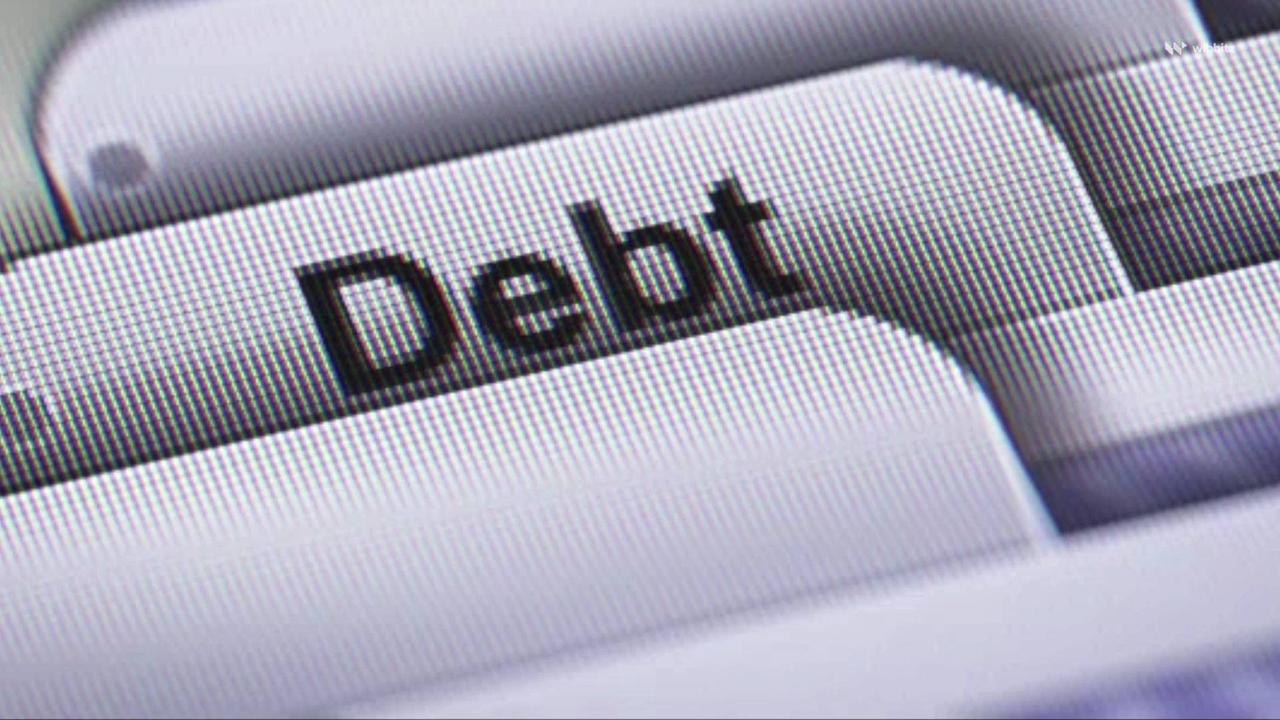
Credit Card Debt , On the Rise Amid , High Inflation & Interest Rates.
NBC reports that the combined impact of inflation and rising interest rates have pushed consumers into $43 billion in credit card debt in the second quarter of 2023.
NBC reports that the combined impact of inflation and rising interest rates have pushed consumers into $43 billion in credit card debt in the second quarter of 2023.
According to data from WalletHub, U.S. consumers took on more than triple the average amount of new debt since after the Great Recession in 2007 and 2008.
The personal finance website's data showed that total credit card debt and debt per household both increased by approximately 8% compared to 2022.
At the end of June, the average household's credit card debt was at $10,170 and on the rise.
.
Comparatively, WalletHub's all-time high debt reading was at $12,412 for each household.
NBC reports that the Federal Reserve has driven rates to the highest they've been in over 20 years, now standing in the range of 5.25% to 5.5%, .
NBC reports that the Federal Reserve has driven rates to the highest they've been in over 20 years, now standing in the range of 5.25% to 5.5%, .
Bill Adams, the chief economist at Comerica, says that many Americans have diminished whatever financial cushion they were able to amass during the pandemic.
Pandemic-era savings are largely spent down for most middle-income and lower-income households, Bill Adams, Chief economist at Comerica, via NBC.
NBC reports that the end of the pause on federal student loan payments has increased the financial woes of many borrowers.
The restart of student loan payments for those higher-income, young and middle-age professionals could be a big drag on consumer spending by that cohort, Bill Adams, Chief economist at Comerica, via NBC
